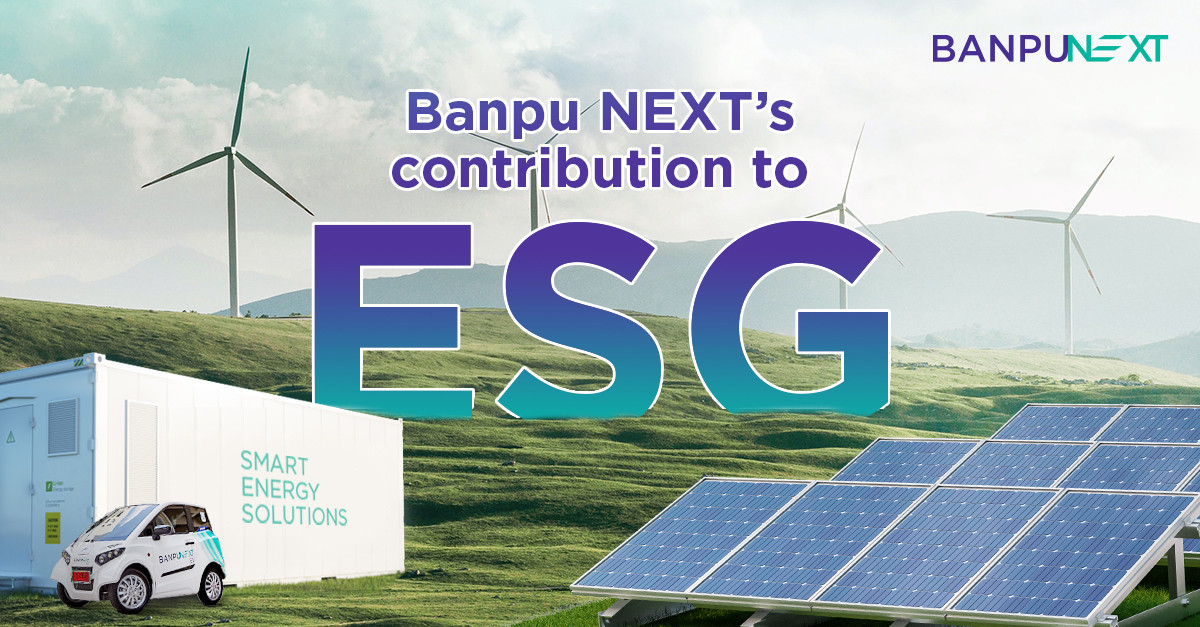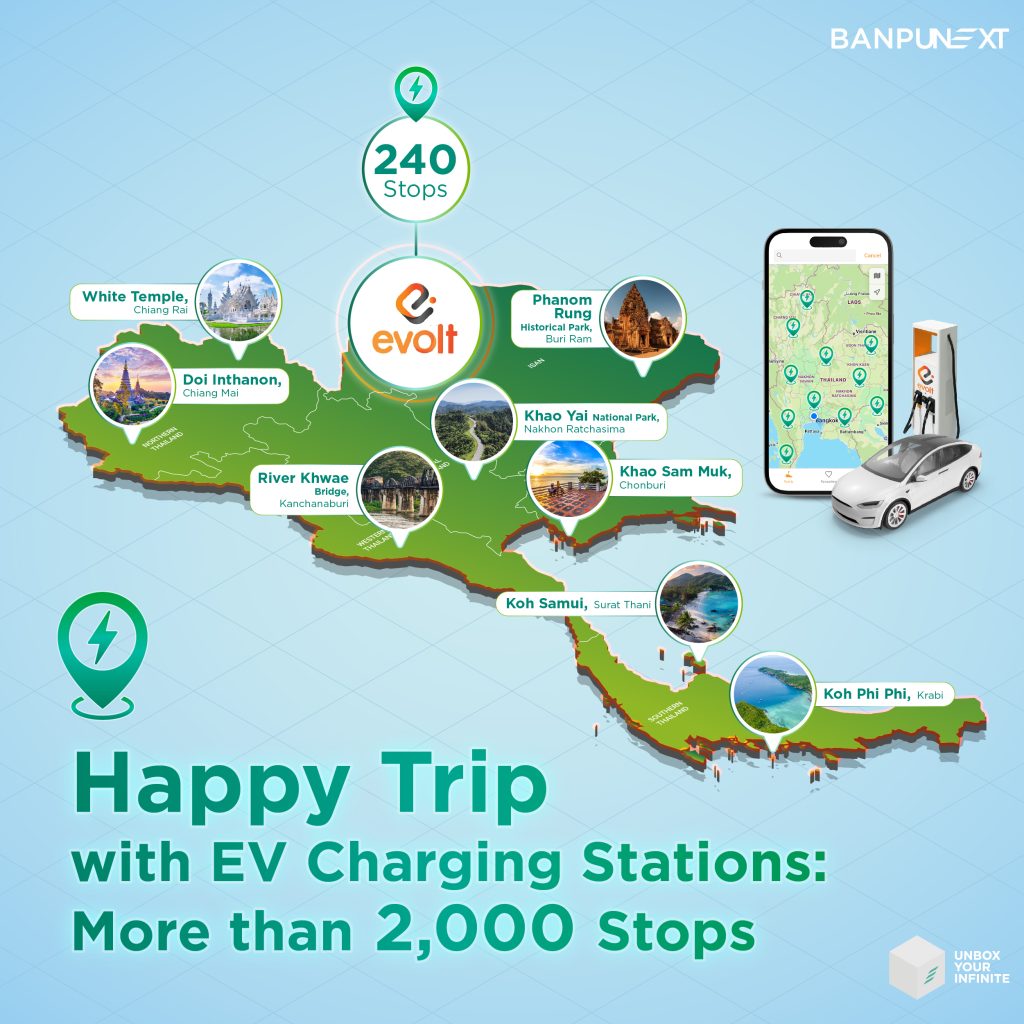As a leading Smart Energy Solutions provider in Asia Pacific, we know our commitment to the environment and society is essential. That is why Banpu NEXT has aligned its long-term corporate strategies with the Environmental, Social, and Governance (ESG) principle as well as the United Nations Sustainable Development Goals (SDGs) across the value chain, following the footstep of our parent organization, Banpu.
Our contribution against ESG benchmarks our work and initiatives towards sustainability, reflecting our remarkable milestones toward the vision of Smart City and Net-Zero mission roadmap.
The environmental factor is an essential factor of ESG that Banpu NEXT has continually integrated into our company’s strategies by increasing the positive impacts and reducing the negative impacts of business operations on the environment. It can often be tracked and measured against climate change and carbon emissions, air and water pollution, biodiversity, deforestation, energy efficiency, waste management, water scarcity, etc. And the followings are three examples demonstrating some of our significant progress toward the environment.
1. Lessen climate change and reduce carbon emissions
Banpu NEXT’s total Smart Energy Solutions practice has reduced carbon emissions by around 425,420 Tons.* This effort effect climate changes directly by helping slow down extreme weather change and disastrous climate events. In addition, we also promote and raise awareness about Net-Zero and the reduction of carbon emissions amongst businesses and communities to become more conscious of our carbon footprint.
This significant input for positive impacts can be seen in the renewable energy transition, which integrates technologies and innovation to help significantly lower the cost and enormously reduce carbon emissions in business operations, such as by employing electric vehicles with fleet management to support logistics and transportation.
2. Ease water scarcity and reduce water pollution
Our renewable energy has helped save 820 million liters* of water and reduce costs since our operation date by removing the use of water in the energy generation process. Today, according to the UN, the impacts of a changing climate are making water more unpredictable, effect on both the quantity and quality of water.
By switching to renewable, such as using the ‘Solar Power System’ to generate electric power, our partners and customers are creating less or even diminishing possible waste during the energy production process and protecting against biodiversity loss due to water pollution and global warming.
3. Reduce air pollution
In partnership with leading organizations, Banpu NEXT has reduced its carbon emission, helping offsetting carbon emissions equivalent to planting around 25 million trees.* In return, together, we are enhancing clean air for people in society to breathe and cutting down air pollution enormously.
This work input is an excellent example of how our total Smart Energy Solutions can help people and communities become more active and aware of clean and green initiatives by tackling problems such as PM2.5 or GHGs that drastically affect their everyday life.
As a clean energy company, we know action on climate change is vital. We are trying our best to contribute to the environmental factor of ESG as well as social and governance factors. They set out what we stand for, and together, they will guide our work, our activities, and our commitment to people’s life betterment and business betterment.
Our partnerships with new partners and customers shall enable us to widen the positive impacts and support us in expanding our Smart Energy Solutions ecosystem to address all ESG principles toward our vision of the Smart City and get to the Net-Zero.
In this way, we create value for our stakeholders more widely, including our environment, society, employees, and shareholders, which we believe is key to the long-term resilience and value of our business.
*Since the Commercial Operation Date (COD) of Q2/2022
Reference:







